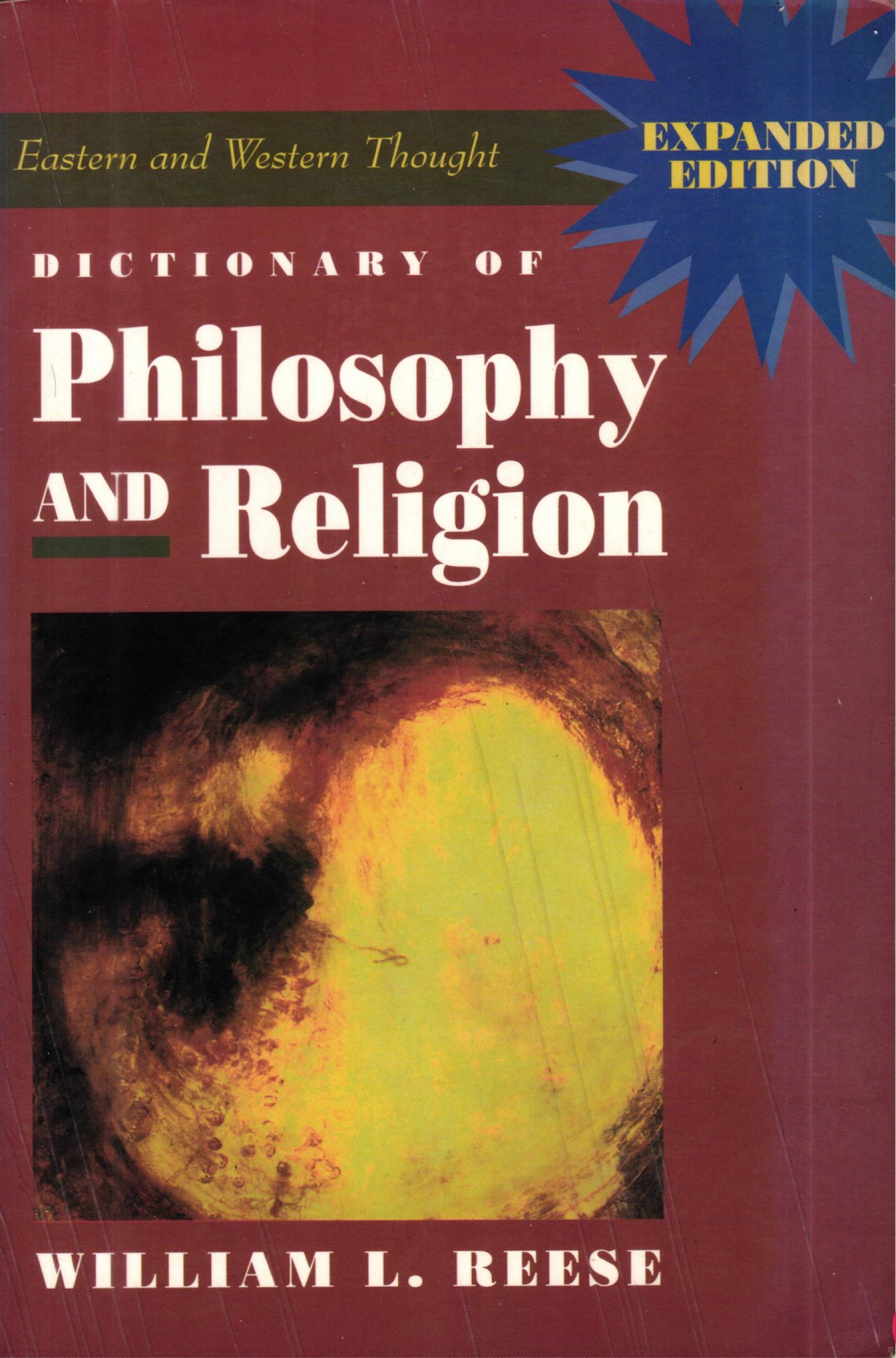DICTIONARY OF PHILOSOPHY AND RELIGION
The Dictionary of Philosophy and Religion: Eastern and Western Thought by William L. Reese is a comprehensive reference work that explores key concepts, figures, and schools of thought in both philosophy and religion. This expanded edition includes over 4,000 entries, covering major philosophical movements, religious traditions, and biographical sketches of influential thinkers from ancient, medieval, and modern periods.
1. Purpose and Scope
• The book serves as both a dictionary and an encyclopedia, providing definitions of terms while also explaining their historical and conceptual significance.
• It cross-references concepts, movements, and philosophers, offering a comparative and systematic approach to philosophy and religion.
• Includes Western and Eastern traditions, expanding coverage of Continental philosophy and Asian thought.
2. Key Features
• Philosophical Concepts: Definitions and analyses of terms such as realism, idealism, logic, ethics, epistemology, existentialism, pragmatism, and metaphysics.
• Religious Doctrines: Explores major theological and spiritual traditions, including Christianity, Buddhism, Hinduism, Islam, Judaism, Taoism, and more.
• Biographical Entries: Covers over 900 philosophers and religious leaders, from Plato and Aristotle to Kant, Nietzsche, and contemporary thinkers.
• Thematic Cross-References: The book provides connections between different schools of thought, showing how ideas evolve over time.
3. Major Themes
• Philosophy and Religion Interconnection: The dictionary highlights the philosophical underpinnings of religious beliefs and vice versa.
• Eastern vs. Western Thought: Explores differences and similarities between Greek philosophy, Indian Vedanta, Chinese Confucianism, and Islamic theology.
• The Evolution of Ideas: Shows how concepts like truth, reality, and morality have been debated across cultures and historical periods.
• Analytical and Continental Philosophy: Covers logical positivism, phenomenology, existentialism, and postmodern thought.
4. Research and Academic Value
• Recognized as an outstanding reference work, praised for its clarity and depth.
• Serves as a desktop reference for students, scholars, and anyone interested in philosophy and religion.
• Includes bibliographical references for further research.
Conclusion
The Dictionary of Philosophy and Religion is an authoritative and accessible resource that offers a systematic and detailed exploration of philosophical and religious thought. Its cross-referenced entries allow readers to trace the development of key ideas and understand their historical and cultural context.
